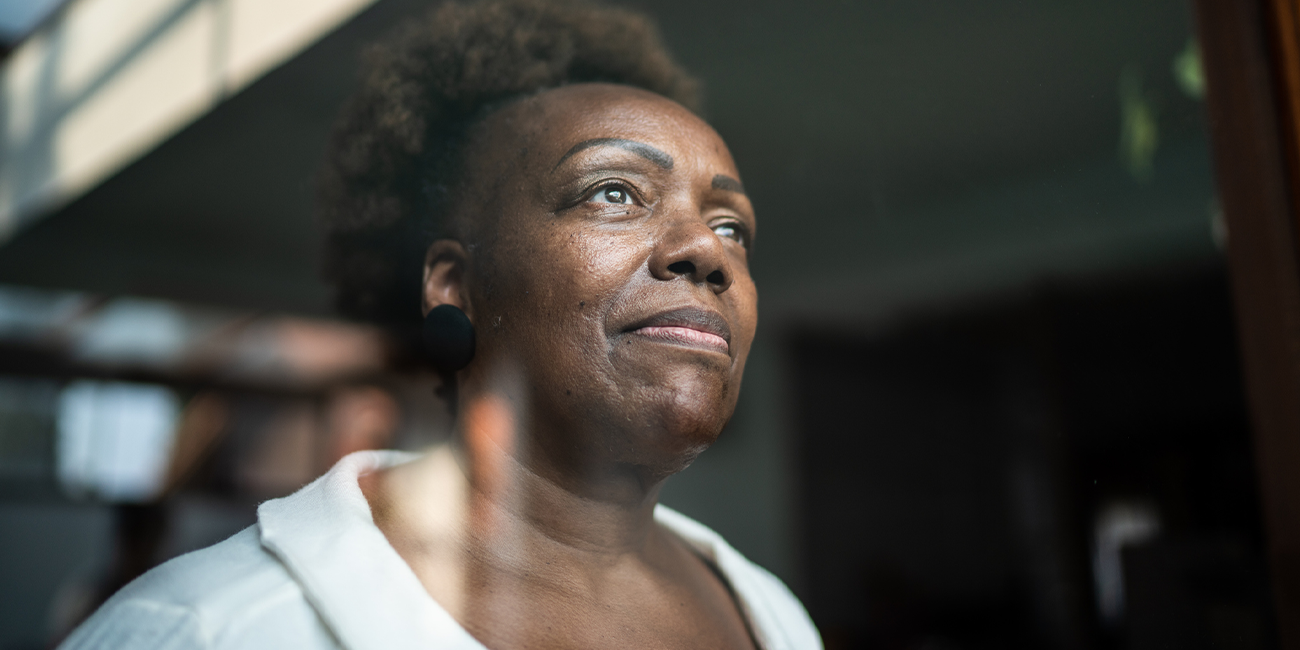If you are struggling emotionally, talking to a therapist can help. For some people, the thought of reaching out for help can be overwhelming or even shameful. This experience is amplified for many Black Americans, where stigma prevents people from seeking the care they need.
Here are some thoughts to consider that can help you overcome these barriers and start your journey toward improved mental health.
Seeing is believing. Mental health has become more widely discussed in recent years, yet it still doesn’t have the same focus as our physical health. The CDC reminds us that our mental health directly affects our physical health and vice versa, but physical health is still given more visibility. To learn more, visit Understanding the Mind-Body Connection.
Choosing church or therapy. For many people, religion and their church have been the hub of community and support. Seeking mental healthcare can feel like turning away from this community and belief. Look for a therapist who can provide space and respect for your spirituality and religious community while helping you navigate your mental health struggles.
Distrust in the medical system. African Americans have historically been treated with prejudice and discrimination in the healthcare system. Studies show that implicit and explicit bias has led many African Americans to experience a lower quality of care. This understandably leads to a lack of trust in providers and an unwillingness to seek help.
Be aware of your options. What type of mental health experience do you want? What will feel safe and productive for you? When selecting a provider, do you have a preference regarding their gender, age, race, level of experience, or mode of communication? What kind of interaction are you looking for? Are you looking for someone who is interactive, directive, a good listener, or a combination of all three?
These ideas can help you gain a better sense of what will serve you best. To help ensure you will feel safe and seen, you can ask providers the following questions:
- Have you treated other African Americans?
- Have you received training in cultural competence or African American mental health?
- How do you see our cultural backgrounds influencing our communication and my treatment?
- How do you plan to integrate my beliefs and practices into my treatment?
Even if you follow these steps, you may end up with a provider or advice that doesn’t feel right. Trust your gut and judgment. There is a long history of African Americans experiencing explicit and implicit bias from medical providers, which leads to less effective care.
Advocating for yourself takes time, and not everyone has the luxury of time to spend on finding a new provider. Don’t allow a bad fit or experience to dissuade you from seeking another therapist.
A therapist could very well be one of the most significant relationships you have during your lifetime. Your Assistance Program provides free, confidential, and convenient access to short-term mental health counseling sessions with a licensed therapist. To learn more or to access these services, visit Member Support.


